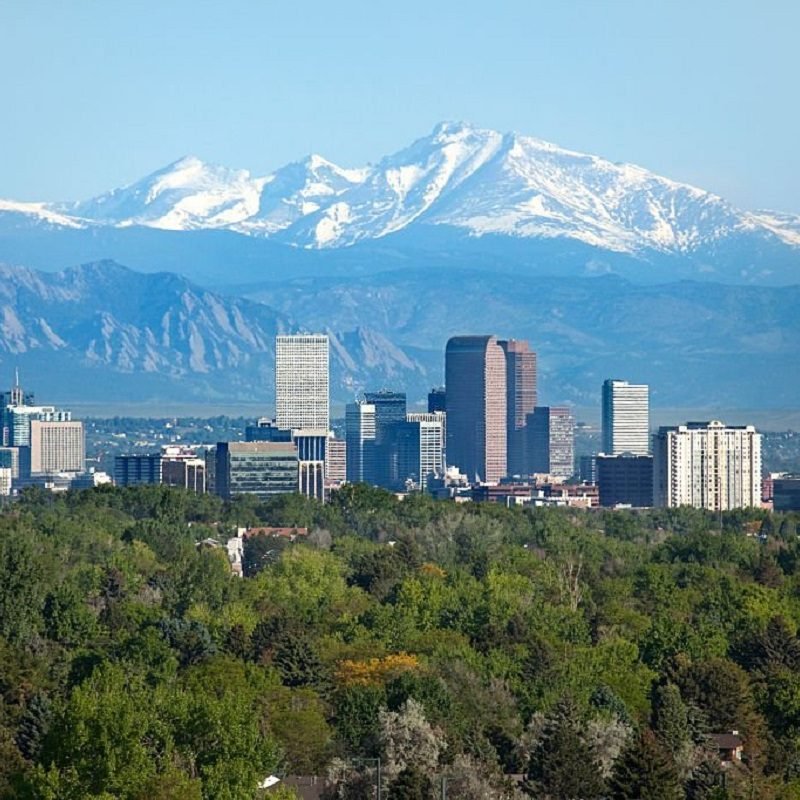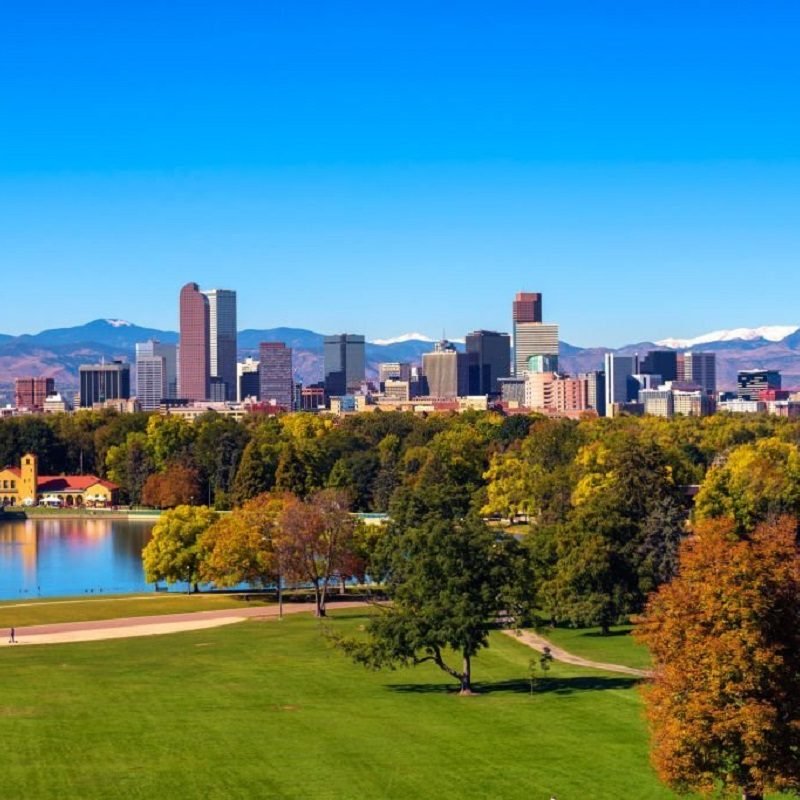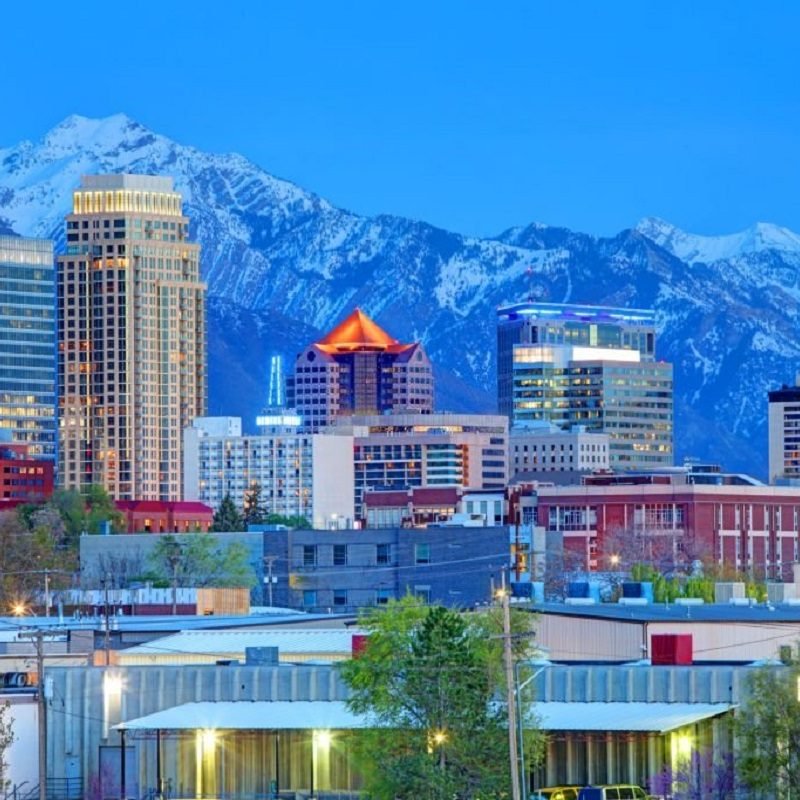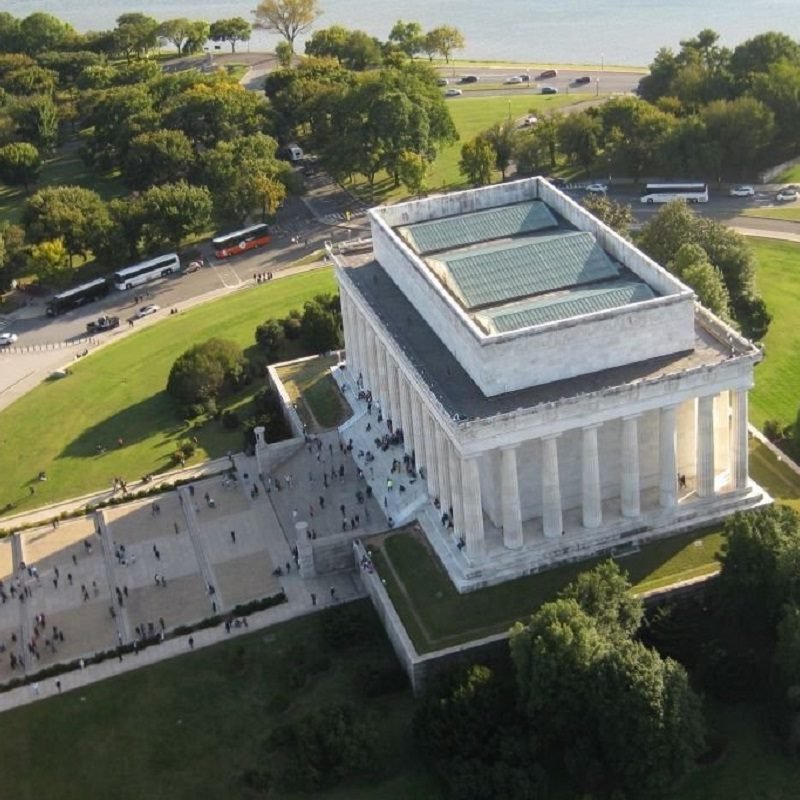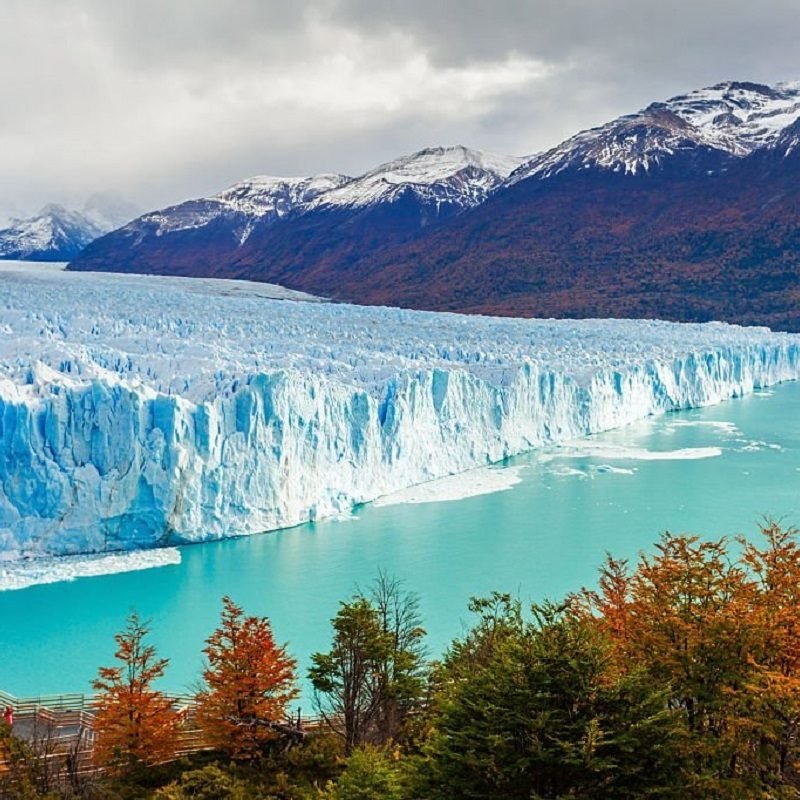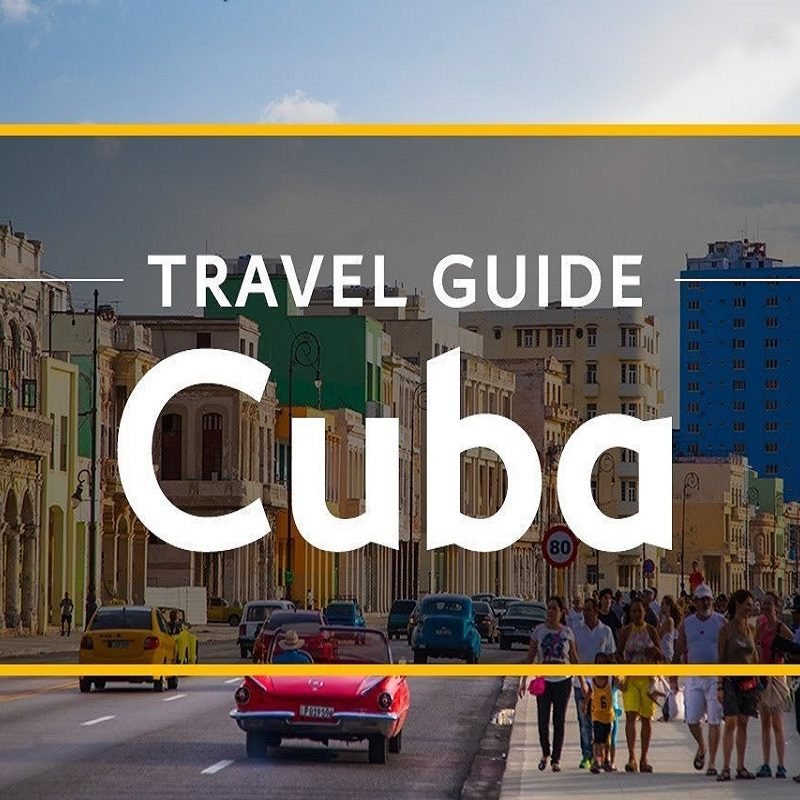Introduction to traveling to Canada during the coronavirus pandemic.
Planning on traveling to Canada during the coronavirus pandemic? Understand the current coronavirus measures, guidelines and restrictions for entry during the pandemic. Read on for helpful information about traveling to Canada during the Covid-19 outbreak.
Are you itching to get out of the house and explore a new country, but worried about the ongoing pandemic? Look no further than Canada – a country known for its vast landscapes, breathtaking natural beauty, and friendly locals. But before you pack your bags and board that plane, it’s important to understand the current situation in Canada regarding the coronavirus pandemic. In this traveling to Canada during the coronavirus pandemic post, we’ll explore everything you need to know to ensure a safe and enjoyable trip to Canada during these uncertain times. So, let’s dive in and explore the great white north!
Hi everyone. Welcome to this Traveling to Canada During the Coronavirus Pandemic blog post where I talk about the best practices and how you can travel or migrate to Canada safely amid Covid-19 Pandemic
My name is Steve. Today, I’m going to be talking a little bit about traveling to Canada during the Coronavirus pandemic and going into a little bit more detail following my previous Immigrating to Canada During COVID-19 blog posts about who exactly is allowed to travel to Canada at the moment. So, we’re at the end of November 2020.
The travel restrictions in Canada have been in full effect since last year March. There’s a little bit of confusion, I find from people about whether they’re allowed to travel to Canada or not. So today, I’ll be going through the travel exemptions, so those who are exempt from the restrictions and who exactly is allowed to travel to Canada now. One thing I will mention is that at the end of the day, the airlines are those who have to enforce these restrictions and so they are on the side of restrictive cautions when allowing individuals to board on the flight. This is because the airline companies don’t want to be reprimanded by CBSA and the Canadian government for letting people who aren’t allowed into Canada come to Canada. So, I’ll mention this when it comes to those restrictions but that’s just my disclaimer. You do have to be well prepared when coming to Canada to really show the airline company that you qualify for those exemptions.
So, right now, if you’re an immediate family member of a Canadian citizen, either you are a spouse, child, or parent, if you meet the definition of a family member as per the immigration act and you’re coming to Canada for 15 days or more, you’re eligible to come to Canada and you don’t need to apply for authorization. The Canadian Immigration recently made changes to the requirements that if you’re an extended family member of a Canadian citizen – which even includes those who are in long-term relationships – if you are in a relationship of over a year or more with a Canadian – you’re also able to come to Canada. Keep in mind, you do have to apply for a travel authorization – there’s a form that you do have to have commissioned and then apply to Immigration Canada for authorization to travel. We have had a few of those applications go through successfully in the last couple of months so they are processing these fairly quickly.
Read More: Amazing Vacation Travel Guide to Toronto Canada
In addition to that, all other foreign nationals that have to be traveling directly from the U.S. for an essential purpose – you don’t need the authorization to do this. I would suggest flying because most of the land borders are closed. As far as the other covid-19 traveling exemptions are concerned, if you’re flying from outside of the United States, if you’re a temporary foreign worker with a job offer, you’re allowed to board the plane. You do not need authorization if you are an international student and your school – that’s your DLI has a readiness plan, then you are able also to come to Canada.
Most DLIs as of today are approved for students to come to Canada. If you’re approved for PR before a certain date, you’re able to come to Canada before March 18th, 2020. If you are an immediate family member of a temporary resident – you are a spouse or a child of a worker or student, you’re able to come to Canada. This is where you have to, in my opinion, and what we’ve been seeing is that you need to get approval from Immigration Canada before you fly.
The Immigration Canada website does say that you’re able to travel with your family member without approval from Immigration Canada but we’re seeing that the airlines are not letting people board with their family members. So we suggest that you apply for that travel authorization before you plan to come to Canada even if it’s all together so that you can make sure there aren’t any issues at the airport.
And then a few other specific categories – if you’re a member of the Canadian forces, transiting passenger through Canada, there are a few other specific examples that don’t apply to the large majority of people coming to Canada and we’ll link all of those exemptions below. So, again, as I said, it’s really important that if you do have to get a travel authorization before you come to Canada, especially with Christmas coming, you should apply for that travel authorization before you plan to travel to Canada. Don’t book your traveling flight before getting the approval. Immigration Canada will take about two weeks to issue you the authorization and it’s really important that you specify exactly how you meet the requirements of that exemption when requesting that authorization to travel. As I mentioned in my previous Immigrating to Canada During the COVID-19 blog post, no matter who you are, if you’re traveling to Canada, you do have to quarantine when coming to Canada. Still, again you will have your health assessed before you enter Canada.
Read More: Top Vacation Travel Guide to Ottawa Canada
If you’re showing any symptoms, you will not be allowed to enter Canada. You also do have to have a quarantine plan ready for 14 days. The immigration – the CBSA officer, the border agent officer at the port of entry will ask you what your plan is to quarantine for 14 days. So, you need to have a place booked and organized before you come to Canada. if you do not have any friends or family members to stay with within CA, then you need to have a place either a hotel, hostel or Guest House booked and ready to stay. If you are staying with family, note that you have to stay in a separate part of the house with no contact with those people, even including getting groceries, washroom, that can’t be shared or else those people have to quarantine as well. The plan is mandatory even if you’re not showing symptoms and it’s really important that you do follow these guidelines as CBSA is following up with people.
There are fines that we’re seeing for violations relating to covid-19 protocols up to CA$750,000 so it is very important that you comply with the quarantine guidelines because CBSA will follow up with you. So that’s everything today as far as traveling to Canada during the coronavirus is concerned.
Conclusion on traveling to Canada during the coronavirus pandemic.
In summary, traveling to Canada during the coronavirus pandemic requires careful planning and adherence to health and safety protocols. From obtaining pre-arrival testing to following quarantine guidelines, it’s essential to prioritize your health and that of your fellow travelers. While travel may not be as seamless or carefree as before, it’s still possible to have a meaningful and fulfilling experience in Canada. Remember, as we navigate these challenging times, it’s important to be patient, compassionate, and vigilant. By doing so, we can help keep ourselves and others safe and continue to explore the world around us. Safe travels, and stay healthy!
Thank you for reading this “Traveling to Canada During the Coronavirus Pandemic” blog post and I hope you enjoyed reading it. Please don’t forget to Like, Share, and Comment below if you still have any questions to ask
Read More: Top Cuba Vacation Travel Guide Tips By Travel Experts







